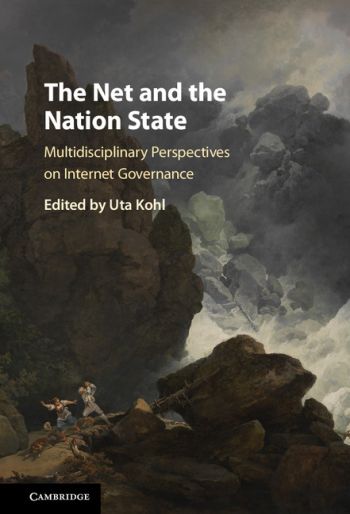
This collection investigates the sharpening conflict between the nation state and the internet through a multidisciplinary lens. It challenges the idea of an inherently global internet by examining its increasing territorial fragmentation and, conversely, the notion that for states online law and order is business as usual. Cyberborders based on national law are not just erected around China's online community. Cultural, political and economic forces, as reflected in national or regional norms, have also incentivised virtual borders in the West. The nation state is asserting itself. Yet, there are also signs of the receding role of the state in favour of corporations wielding influence through de-facto control over content and technology.
This volume contributes to the online governance debate by joining ideas from law, politics and human geography to explore internet jurisdiction and its overlap with topics such as freedom of expression, free trade, democracy, identity and cartographic maps.